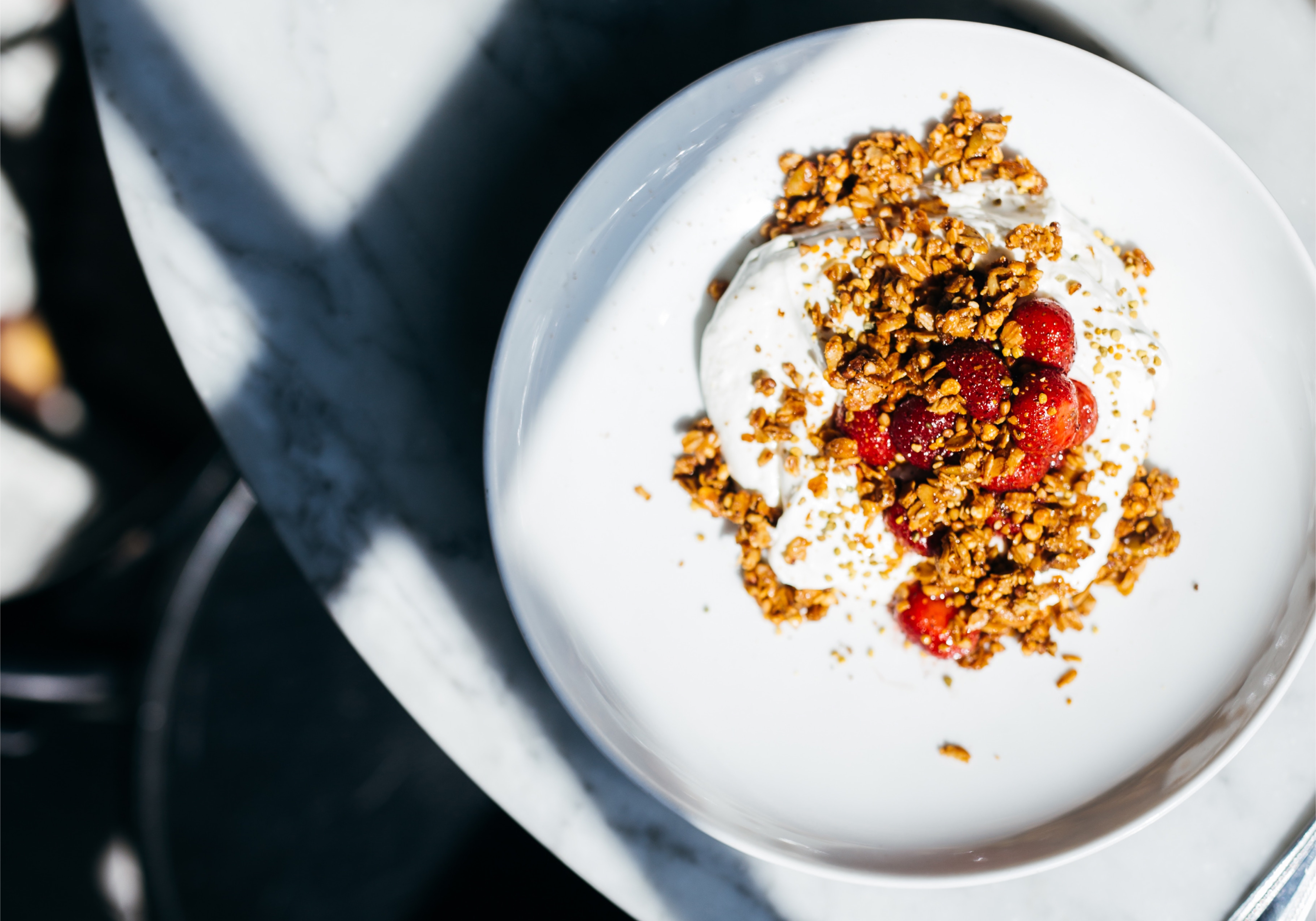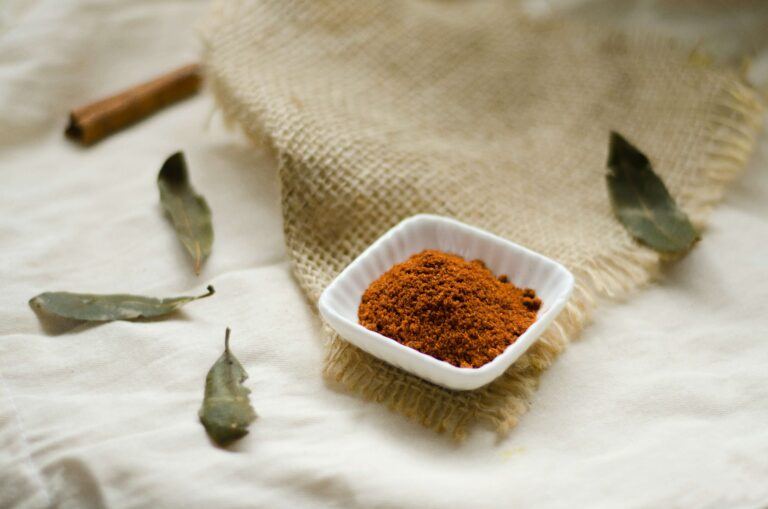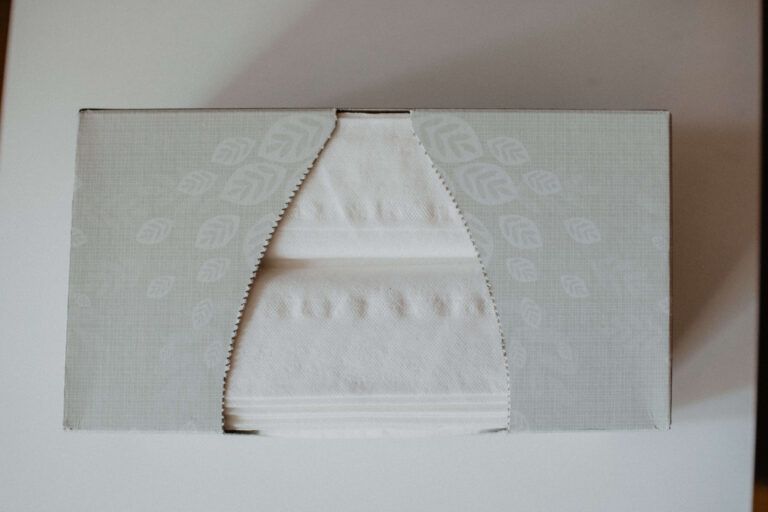Here at the Yinova Center in New York City, we can tell spring is in the air when our patients come in with red eyes and stuffy noses. Seasonal allergies affect one-third of Americans and according to a study published in the September 2004 issue of Allergy Magazine, a combination of Chinese herbs and weekly acupuncture sessions is a useful way of alleviating the symptoms and may help prevent allergies altogether.
Allergies happen when your immune system misidentifies something harmless, such as pollen, and mounts a defense against it by becoming inflamed and producing mucus. As practitioners of Chinese medicine, we’re taught to diagnose each patient’s allergies individually, looking for a pattern of disharmony that has resulted in symptoms. We start by dividing up the root of the problem from its branch. The branch is the allergy symptom whereas the root is the situation in the body that led to the allergy happening. Once we have a clear picture of a patient’s unique combination of symptoms, we create a treatment plan that is specifically tailored to their situation.
At the Yinova Center, this plan usually involves a weekly acupuncture treatment, a daily herbal formula, and some diet and lifestyle changes.
Western medicine has several ways of tackling allergy symptoms. Doctors can stop your body’s overreaction by prescribing antihistamines such as Benadryl or drugs that act on the nervous system such as Albuterol. They can address inflammation by giving you corticosteroids such as Prednisone, and they can relieve sinus pressure by prescribing decongestants such as Sudafed. All of these drugs can address the branch of the problem, the allergy symptoms, however many of them have side effects including drowsiness, fatigue, anxiety, and an over-suppression of the immune system. Western medicine can be really helpful and we certainly encourage people to listen to their doctor’s advice, however, our patients tell us that they are frustrated because the drugs only work whilst they are taking them and do little to solve the underlying problem.
So what is the underlying problem? Why do some people overreact to everyday irritants? In our practice, the most common pattern we see is weak lung and spleen qi. Lung qi is how we describe the function of the entire respiratory tract, including the nasal passages. So weak lung qi refers to a respiratory tract that is underperforming. Spleen qi is a way of describing how the digestive system is involved with the metabolism of fluids, so weak spleen qi refers to poor digestive function, which can lead to an overproduction of mucus, which tends to collect in the lungs. This is not the only root diagnosis we see so consulting a trained acupuncturist and herbalist will really help you identify your own unique pattern.
As for the branch, the allergy symptoms themselves, Chinese medicine sees this as related to wind and damp. Wind is Chinese medicine’s way of describing our susceptibility to outside influences such as an allergen and damp describes mucus buildup in the sinuses, the lungs, and the digestive tract. A good herbalist will take everything into account and design an herbal formula that addresses all aspects of the allergy from the underlying weakness that made you susceptible to the irritating symptoms such as itchy eyes and runny nose.
For many of our patients, acupuncture brings immediate relief. By inserting small hair-like needles around the nose and sinuses we are able to stop sneezing and relieve congestion. There are points on the feet that can soothe red, itchy eyes and other points to calm down an overactive immune system.
So what can you do to help yourself? At Yinova, we give our patients the following advice:
- Weekly acupuncture treatments from an experienced acupuncturist can help. Try to start before allergy season to treat the root of the allergies before they kick in.
- A specially tailored Chinese herbal formula can address both the root of the allergies in your particular case as well as the specific symptoms that you suffer from.
- If your sinuses are congested, try cutting back on dairy products, which can cause mucus to build up in some people.
- Wheat can make inflammation worse, so it’s worth limiting it if you are having an allergy attack.
- Eat foods that are rich in Vitamin C. This is a natural antihistamine and can be found in citrus fruits, kiwi fruit, broccoli, spinach, strawberries, melon, and cabbage.
- Beta-carotene is an antioxidant that supports the respiratory system. You should increase your intake of beta-carotene by eating yellow and orange fruits, such as mangoes and papayas, orange root vegetables such as carrots and yams, and green leafy vegetables such as spinach and kale.
- Low magnesium has been linked to allergies in clinical research. Increase your magnesium by including sunflower seeds, spinach, chard, salmon, and sesame seeds in your diet.
- Quercetin is an antioxidant that is high in bioflavonoids. It too has an antihistamine effect and also decreases inflammation. Get more quercetin by eating onions, red grapes, apples (with the skin on), tomatoes, and leafy green vegetables.






